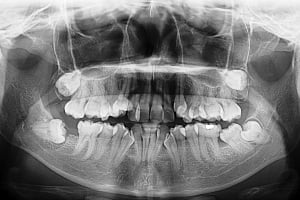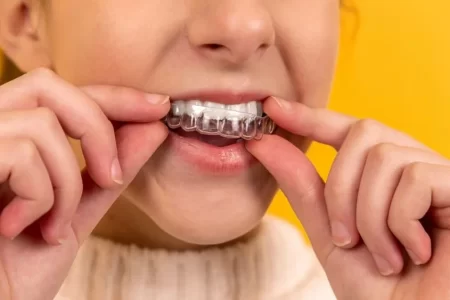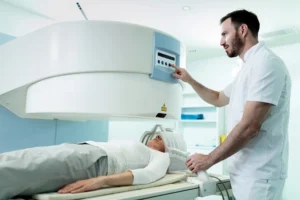How Common Is Hyperdontia (Extra Teeth)?
- Updated on: Jul 13, 2024
- 2 min Read
By
- Published on Feb 8, 2019

Hyperdontia is an oral condition in which extra number of teeth appears in the mouth. The usual number of primary teeth in a tooth set is 20 and permanent teeth are 32 in human beings. Primary teeth are the first set of teeth that erupt in a person’s mouth, usually by the age of 36 months, and are shed by the time the person is about 12 or 13 years of age. Permanent teeth then acquire the place of primary teeth and generally erupt fully by the time the person reaches 21 years of age. People who develop more than 20 primary teeth or more than 32 permanent teeth are said to have hyperdontia or supernumerary condition.
Supernumerary teeth can occur in any part of the dental arch, but the most common supernumerary teeth are permanent, anterior incisors, in the upper (maxillary) arch. After maxillary incisors, maxillary and mandibular (lower arch) fourth molars are the subsequently most common hyperdontia teeth. These usually appear as extra impacted wisdom teeth. An extra maxillary incisor is referred to as a mesiodens, and an extra fourth molar is called as a distodens or distomolar.
How common is hyperdontia?
Dental conditions such as toothaches, cracked tooth, stained teeth, sensitivity, hyperdontia, and cavities are common worldwide. The prevalence of hyperdontia is among 1- 4% of the world population affecting both males and females in a ratio of 2:1 respectively. In most of the cases, hyperdontia teeth are limited to a single extra tooth. There have been exceptional cases of over 30 extra teeth in one individual, but such large numbers are usually rare.
Extra teeth or supernumerary teeth occur approximately twice in the permanent set of teeth as compared to a child’s first set of teeth. Most of the hyperdontia teeth (about 85-90%) usually occur in the upper arch of teeth. Extra teeth may also be referred to as polydontia with the most common type being the mesiodens (a hyperdontia tooth present in the midline between the two central incisors).
Health care professionals say that most of the time, extra teeth don’t even erupt through the gums, and are discovered when taking a dental x-ray of that particular area. Multiple hyperdontia teeth are very rare in people who don’t have any disease associated with it.
Extra teeth in kids can actually be linked to some medical state. It is worth getting your kid’s teeth checked early in life as extra teeth may provide evidence to several medical conditions. There are times such medical conditions cause extra teeth to erupt as part of their characteristic traits. These medical conditions include:
- Cleft lip and palate
- Gardner syndrome
- Cleidocranial dysplasia
- Ehlers-Danlos syndrome
Extra teeth can either have an identifiable tooth shape or may look entirely different such as more conical or rounded. Extra teeth can be completely random and not traced back to any particular cause.
Complications: Problems associated with extra teeth
Hyperdontia may pose many cosmetic and functional problems in a healthy mouth. From a functional point of view, the extra tooth may prevent a permanent or adult tooth from erupting properly. In some rare cases, it may also fuse with the permanent tooth and can cause crowding of the adjacent teeth. Speech, eating, oral hygiene, appearance, etc may be affected by the crowding of the teeth. Rarely, extra teeth may form tumors around them.












